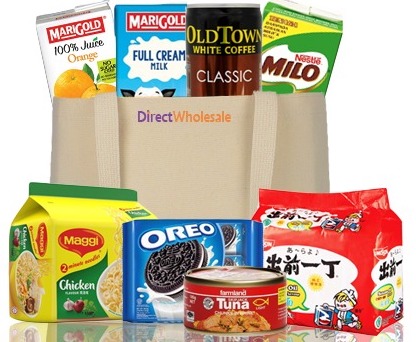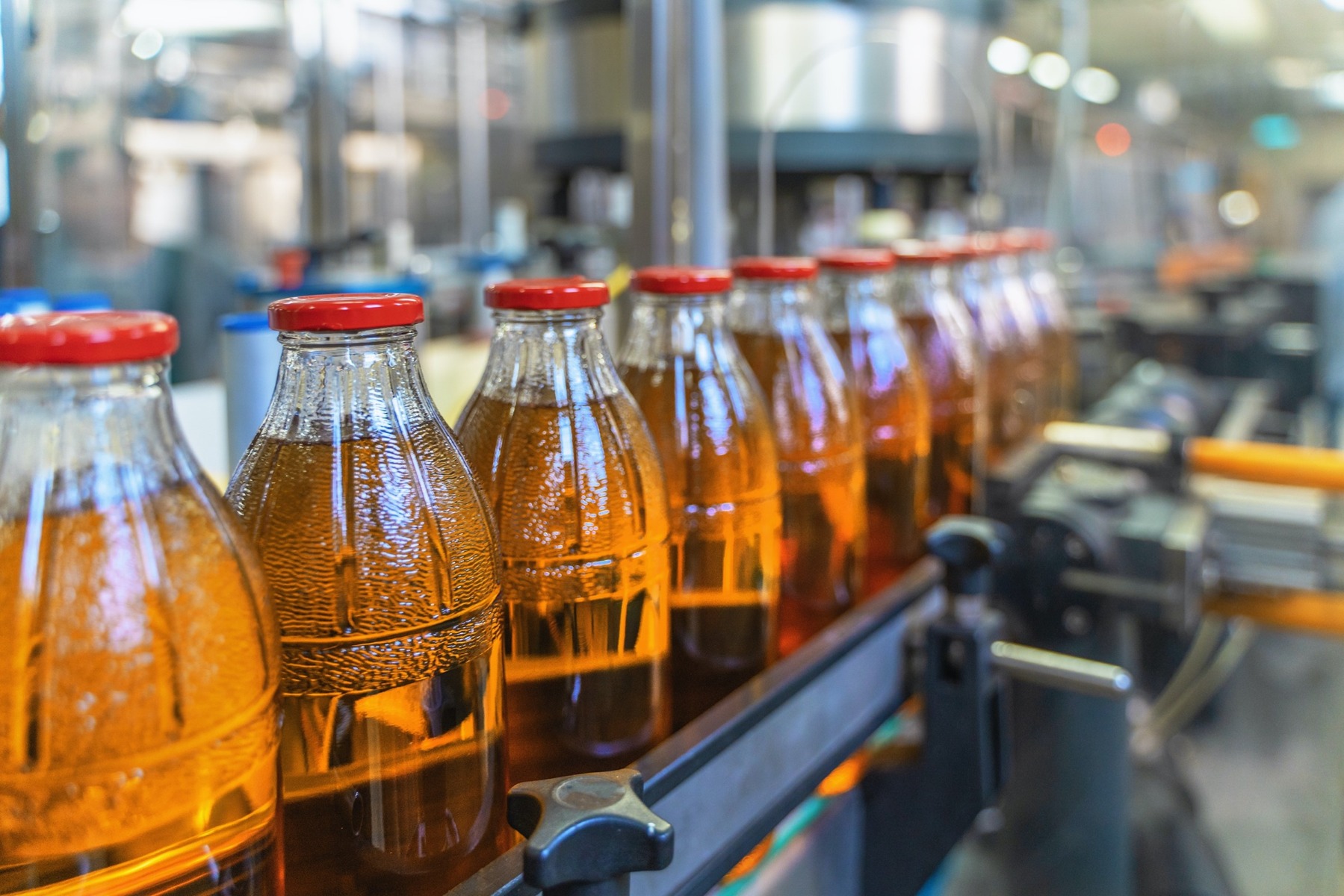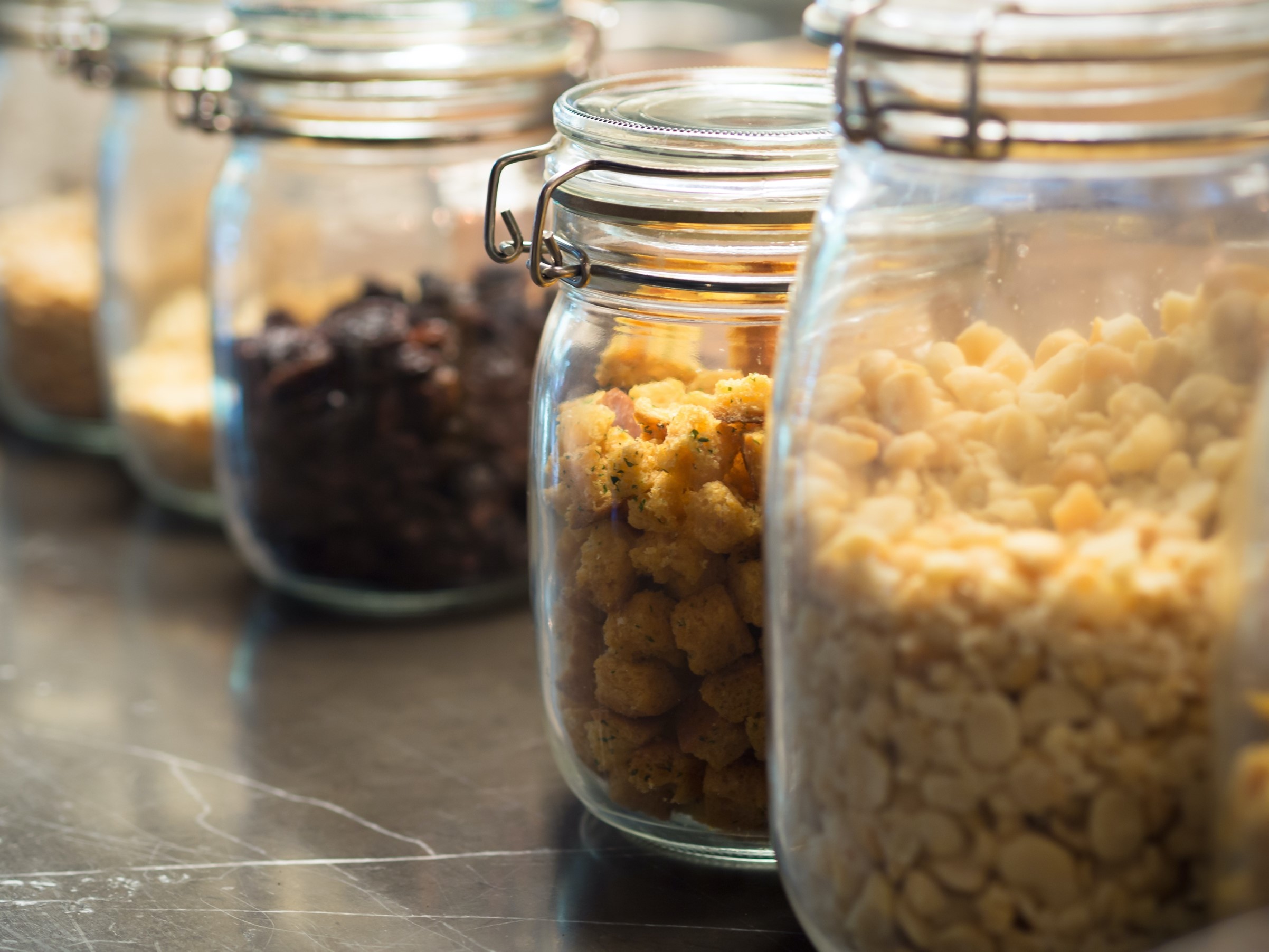Blog
-
14 AugRead more »

5 ways of how ordering online is beneficial
Ever since the emergence of the pandemic, online ordering has resulted in many benefits for businesses. It has freed up sales reps, streamlines accounting, improved accuracy of orders and increased efficiency. Subsequently this has resulted in a number of advantages for customers too. Below are five ways customers have and continue to benefit from the online ordering system.
- Quick responses: With the immense use and growth of e-commerce customers do not have to wait for answers. If they want to know anything about the product including how much it costs, the stock quantity they can look up for this information 24/7 on our website.
- Help At Any Time: Ordering online is available anytime, it is a system that never sleeps. It is always available when assistance is needed
-
28 MayRead more »

Towards a Sustainable Future
DirectWholesale has partnered with ‘The Watertree Project’ with the sole mission to minimise plastic pollution by replacing plastic water bottles with viable tetrapak water pods. Since it doesn’t involve plastic the water is BPA,BPS free. The cap used for the pod is also eco-friendly since it is manufactured from sugarcane processed into ethanol and eventually into plastic. The whole product is sustainable the raw material is sourced from grown for purpose timber plantation.
Many Malaysian MNCs like Allianz and Red ONE have partnered with The Watertree Project for cobranding and we are planning to bring this to Singapore. Under this partnership, any entity can co-brand with The Watertree Project.
It is our moral duty to pay -
28 MayRead more »

Zero Food Waste
At DirectWholesale we believe that we can bring a change by working conscientiously with our Stakeholders. A third of the world’s food is lost or wasted. We are combating food insecurity and wastage by a new sustainable way. We re-allocate expiring and surplus food that is still perfectly edible and safe, from our suppliers to our Business customers, Social Services and households. Disposing such food is also critical since it results in an increase in carbon footprint, which gives rise to global warming. At DW we are committed towards Zero Food Waste, to build a more sustainable future for -
28 MayRead more »

Healthy Snacking
Snacking is eating every few hours but never satisfying hunger. Many of these eating habits result in the consumption of extra calories throughout the day, which does not bode well for health.
DirectWholesale is on a mission to make sustainable behaviour the new normal. We want to help you leverage your power as a conscious consumer and be your partner in creating positive impacts for our planet and its people. Recently we have added a new section for "healthy snacks" Our offerings include healthy, plant-based snacks which are made from all-natural, minimally produced ingredients. You can binge on healthy snacks, guilt-free as it will help to keep you fit and fine. -
28 MayRead more »

Social Giving: Donate FMCG Products in Singapore
At DirectWholesale we believe that it is our moral duty to lend a helping hand to the less privileged in our society. DirectWholesale has always been an advocate of giving back to society, a society that has carved a path to achieve so much more. We just made Social Giving easier for you by providing you with a seamless avenue to donate FMCG products to your desired charity, old folk’s home, children’s home, church, temple, mosque or anywhere else. You can choose to donate a variety of FMCG products not only food staples like rice and cooking oil but also household necessities like cleaning essentials.
-
21 JanRead more »

Before the pandemic, most of us had a (real or imaginary) list of goals that grew to unrealistic proportions without any meaningful progress. There’s no time, we sighed. Maybe next year, we promised. Coronavirus came as a rude shock, the circuit breaker stirring us from our routine slumber as we came to terms with life in lockdown. Suddenly, despite the challenges, we were all given more of something increasingly precious: time.
One of the most evident and ominous effects during the early stages of the pandemic was the sudden shortage of essentials in supermarkets and grocery stores throughout Singapore. Surgical masks, hand sanitiser and disinfectant wipes were unsurprisingly the first to go, followed by toilet paper and instant noodles. But soon, products like flour, baking powder, sugar and cooking chocolate began flying off the shelves.
Brief confusion over the sudden s
-
21 JanRead more »

Cracking an industry as large and competitive as food and beverages can seem like a daunting task. Major players like Nestle, PepsiCo, Mars and Coca-Cola dominate the market, while countless other brands seem destined to scramble for what’s left behind. But what many smaller businesses now realise is that you don’t need to challenge the big fish head-on to rake in the profits – you just need to find a niche and excel at it.
Revenue in Singapore's food and beverages market is tipped to grow by 14% in 2021 and continue rising until at least 2025. Within this colossal market lie thousands of niches designed to meet the evolving and increasingly specific needs of modern consumers. Consider the beverage market: outside of traditional soft drinks and juices, there is an incre
-
18 JanRead more »

Over the years, businesses in Singapore and beyond have devoted increasing time and effort to creating a better work environment for their employees. The logic is simple enough: if staff like their workspace and the people they work for, they are motivated to achieve better outcomes. Conversely, unsatisfied employees care less about their performance and how it impacts the business.
Office managers around the world have tried a range of strategies to keep workers comfortable and productive. Ping pong tables, video games, air-purifying plants and even nap rooms have been used in Singapore to keep workers engaged, but simple perks like the humble office snack remain some of the most realistic and effective.
Traditional business owners may consider office pantry snacks as
-
18 JanRead more »

When it comes to food, Singapore is nothing short of a paradise. Whether it’s the street stalls serving up steaming plates of Hainanese chicken and chilli crab, one of more than 40 Michelin star restaurants dotted throughout the city, or the simple comfort of kaya toast in the morning, there is a true melting pot of flavours to please the fussiest of taste buds.
But despite a prosperous economy and a thriving culinary culture shaped by a shared passion for food, thousands of Singaporean families still go to bed hungry every night. One in five low-income households faces severe food insecurity in the form of meal skipping, undereating, running out of food or not knowing how or when they will get their next meal. With
-
18 JanRead more »

The past decade has introduced challenges to the retail sector, unlike any we’ve seen before. Consumers are changing, and so are their shopping habits: more than one billion people in Asia shop online, with internet and smartphone penetrations expected to reach 59% and 44% respectively by 2021. This surge in digital demand is wreaking havoc on brick-and-mortar stores, making it harder than ever to break even through face-to-face sales.
But despite this unprecedented disruptions, the emergence of ecommerce has given credence to the notion that retail isn’t dying, but reinventing itself. For FMCG companies in Singapore, ecommerce isn’t just a chance to adapt to new trends. It’s a unique opportunity to rethink supply chains, re-evaluate distribution and start creating better, faster and mor

